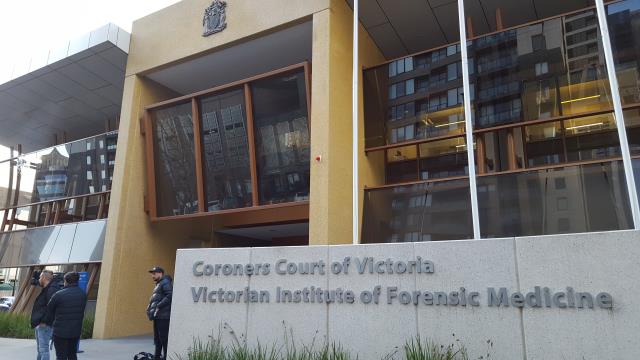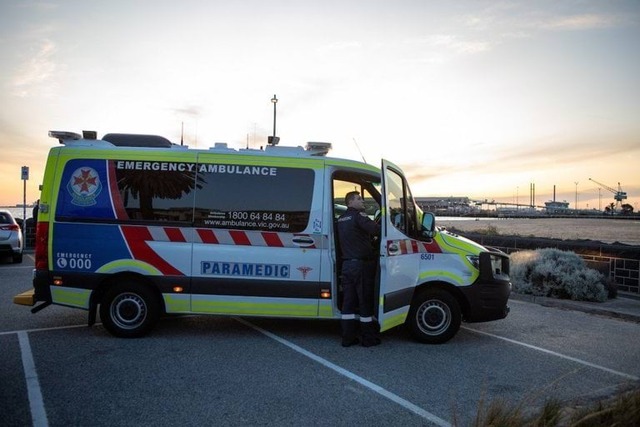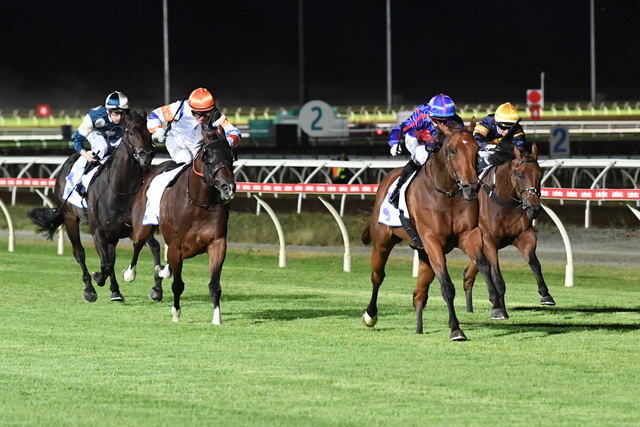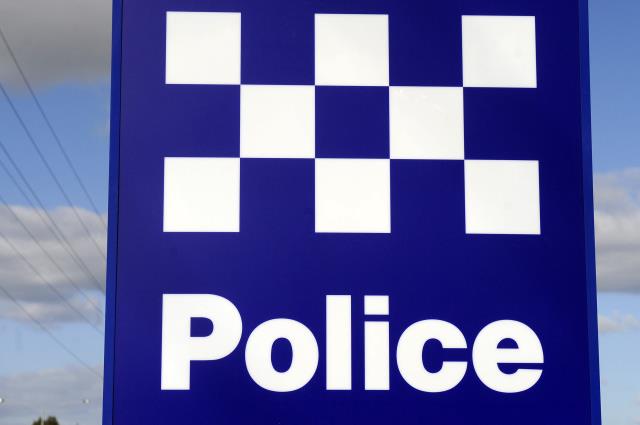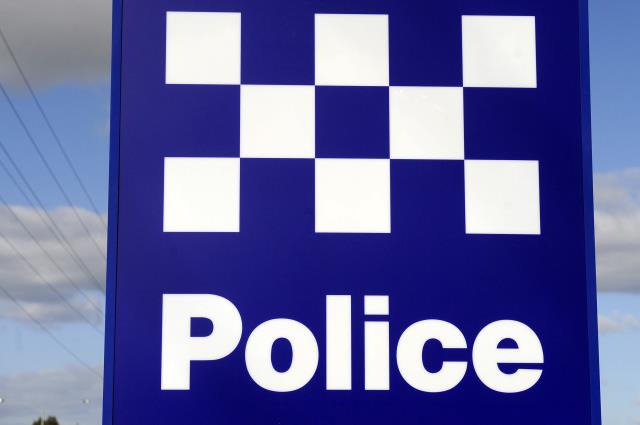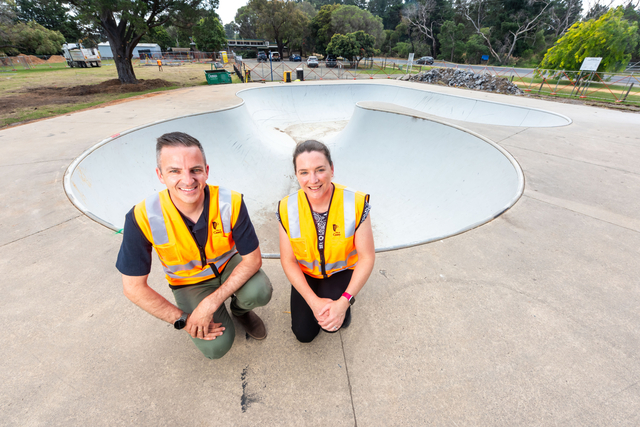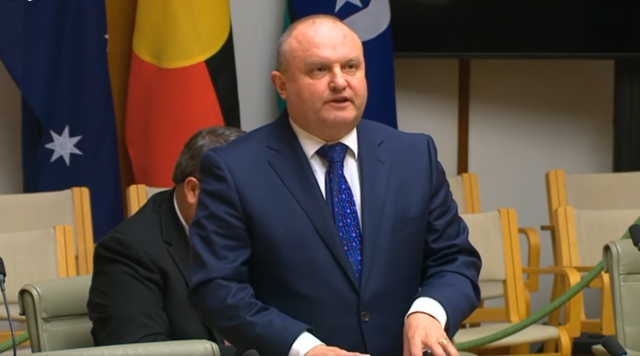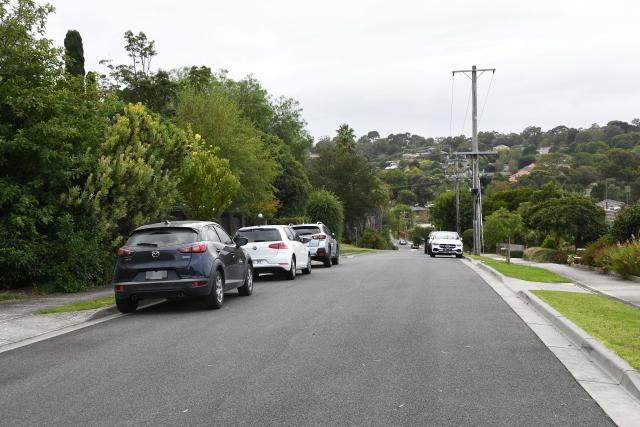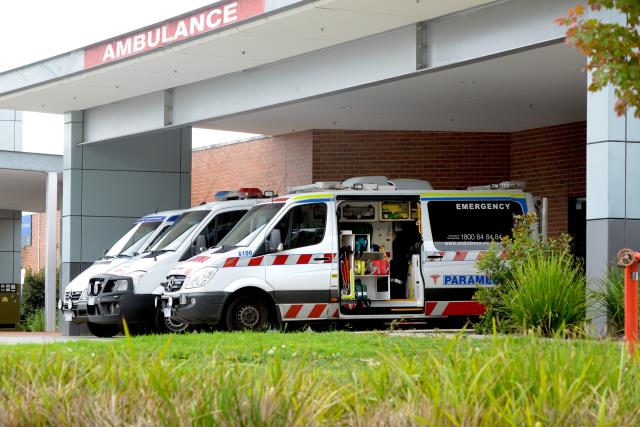A State Coroner has found there was a suboptimal level of monitoring of the long-term painkiller prescription for a Cranbourne North resident who murdered his partner.
Daniel Eckersley stabbed his 36-year-old partner Amanda Jane Harries to death under an allegedly drug-induced psychosis at their home on 7 July 2018.
He mistakenly believed Ms Harries tried to poison him.
The couple had three children together at the time of the fatal incident.
Mr Eckersley had been prescribed tramadol for his knee injury pain for at least 22 months, with his dose stable within the recommended maximum range of 200mg long-acting and 300mg immediate-release tramadol for seven months prior to the fatal incident.
The inquest by the State Coroner John Cain revealed Mr Eckersley reported overusing tramadol with 700-800mg daily for an unknown period prior to the fatal event with a recent increase in use.
His GP Dr Van Rheede told the inquiry they were not aware of the substance abuse.
Mr Eckersley was also found to have an extensive substance abuse history with alcohol and cannabis use until three weeks prior to the killing.
Psychiatrist Dr Enrico Cementon gave expert evidence for the investigation.
He is a fellow of Royal Australasian College of Physicians Chapter of Addiction Medicine and Victorian director of Addiction Psychiatry Training in the Royal Australian and New Zealand College of Psychiatrists (RANZCP).
He said the tramadol-induced psychosis was a very rare complication of the medication with very few reports of the syndrome.
He opined that it was more likely a tramadol-withdrawal psychosis, with the possibility that Mr Eckersley had abruptly reduced his intake of tramadol following the commencement of antidepressant desvenlafaxine three days before the murder when he was diagnosed with an adjustment disorder with anxiety and depression.
“Possible recent abrupt cessation of tramadol use, high-dose use, prolonged use, recent cessation of heavy cannabis and alcohol use, the addition of desvenlafaxine and significant social stress may have been risk factors to Mr Eckersley developing psychosis,” he stated in the inquest report.
Coroner Cain made several comments in regards to prescribing tramadol in Mr Eckersley’s pain treatment.
He stated with Mr Eckersley’s tendency for alcohol and drug abuse or dependence, a referral for a formal substance abuse assessment should be required given he was prescribed high doses of multiple medications over a long period of time.
He also suggested referrals should have been made to specialist clinicians such as a pain management specialist and a psychiatrist.
“The level of monitoring that occurred for Mr Eckersley was suboptimal in circumstances where he was prescribed multiple medications with potential for abuse in the years prior to the fatal incident,” he stated.
The inquest showed there is no available study investigating the safety and efficacy of tramadol treatment beyond six months.
The tramadol treatment information indicates when tramadol is required long-term, careful and regular monitoring should be carried out to establish whether, and to what extent, ongoing treatment is necessary.
Mr Eckersley was convicted of the murder of Ms Harris and sentenced to 18 years’ imprisonment with a non-parole period of 14 years on 30 January 2020.

